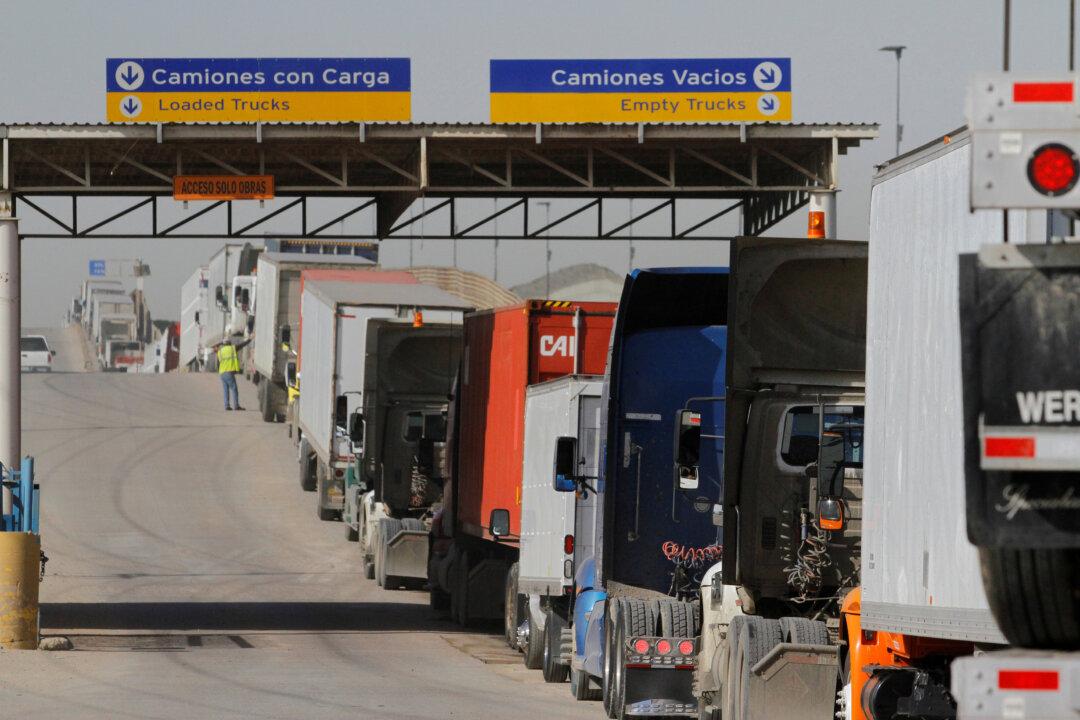For decades, international trade and concurrent “trade agreements” have been touted by economists as the epitome of the “good thing” in economic and fiscal terms. “Free trade” has been their battle cry with the intimation that countries and their citizens will prosper more if restrictions on imports and exports are eliminated.
The poster child for this approach has been first the Free Trade Agreement (FTA) between the United States and Canada (brought into force in January 1989) and superseded by the North American Free Trade Agreement (NAFTA), which included Mexico and came into effect in January 1994.
Although beloved by economists, they were less—sometimes much less—beloved by a range of politicians, including labor unions and environmentalists. Many Canadians had long been skeptical of trade agreements with the United States believing they would lead to U.S. annexation (the Liberal Party lost the 1911 election to the Conservatives largely on the issue of free trade).
While opposition became somewhat less intense during the ensuing 75 years, it was now the Liberal Party that opposed free trade as epitomized by the FTA with a memorable advertisement in the 1988 election showing the FTA erasing the border between the U.S. and Canada. (The FTA barely registered politically in the United States where it passed Congress easily).
Although the FTA was regarded as a success, controversy was more intense over NAFTA. The Liberals made it one of their main points of attack against the Conservative government during the 1993 election campaign with Liberal Party leader, Jean Chretien, promising its renegotiation. Consequently, the United States held off Congressional approval, awaiting Canadian action.
When Chretien’s renegotiation devolved into relatively minor tweaks, the U.S. Congress took up ratification of the agreement. Arguments were much more politicized, epitomized by 1992 independent presidential candidate Ross Perot claiming that NAFTA would generate a “vast sucking sound” as U.S. jobs were pulled south into Mexico, reflecting the large wage differentials.
NAFTA’s celebration of its 20th anniversary in 2014, emphasized the vastly increased trade between the “three amigos,” but rising popular discontent in the United States made trade agreements a “third rail” topic. Critics noted that, to be sure, trade had increased, but there was no proof that it wouldn’t have increased without any agreement.
Republican candidate Donald Trump denounced virtually any and all trade agreements. His rejection of the Trans Pacific Partnership (still in final negotiation at the time) prompted Democratic candidate Hillary Clinton to reverse her earlier support for it. More importantly, Trump bombastically denounced NAFTA as a “disaster” and the “worst trade deal in history.” As president, however, he has not moved immediately to abrogate NAFTA, but called for renegotiation to make it more “fair” for the United States.





